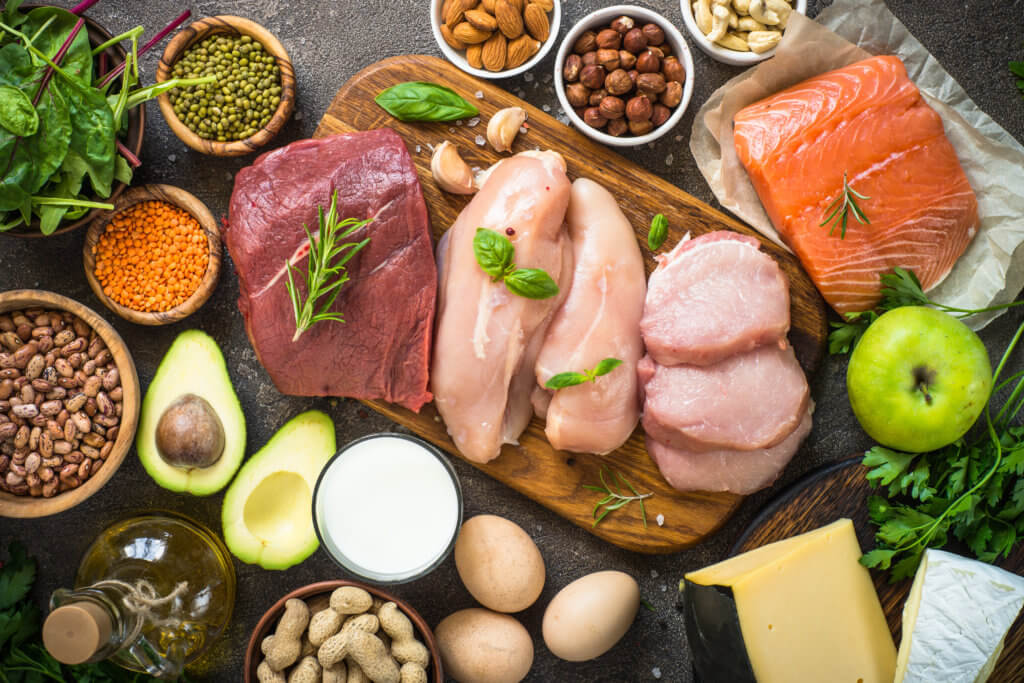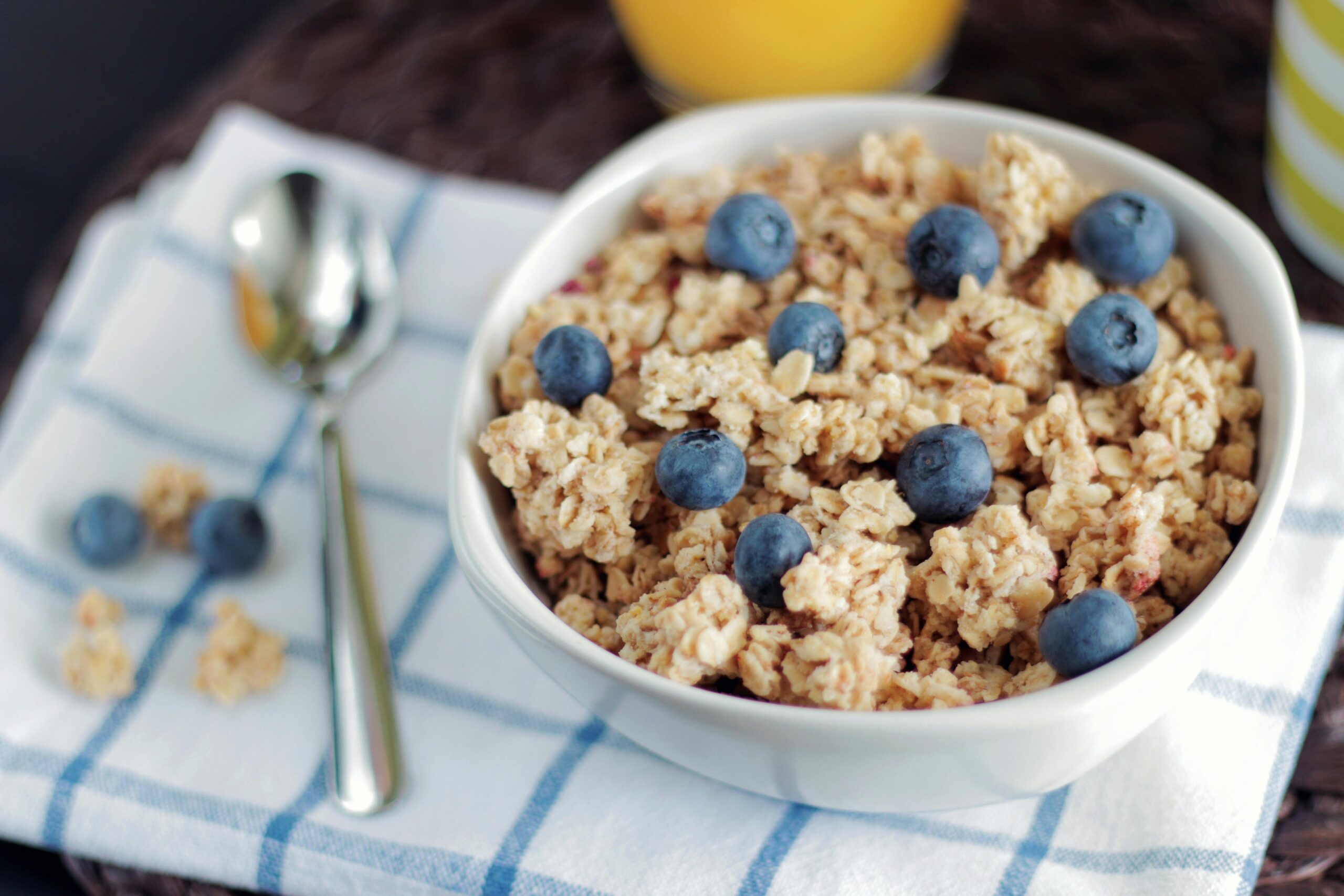What’s the best way to avoid food cravings? It’s a question dieters have long wondered in their hopes to avoid the vices that keep them from successfully losing weight. One recent study may have the solution: follow a high-protein diet.
With the rise of keto and other protein-based diets, dietitians continue to launch new research on the effects of high protein diets.
“Exploring the connection between protein intake and diet quality is important because diet quality is often suboptimal in the U.S., and higher-protein weight loss diets are popular,” says Anna Ogilvie, a doctoral student in the Department of Nutritional Sciences at Rutgers School of Environmental and Biological Sciences and co-author of new Rutgers study, in a statement.
Prioritizing protein in the diet leads to more balance food choices and helps to prevent loss of lean body mass (LBM), suggests the new study.
It’s already known that people with overweight/obesity or have trouble consuming a high-quality diet are at a greater risk of chronic disease. A team of researchers from Rutgers wanted to delve further and identify the effect of a higher protein diet on weight and overall diet quality, since diets that people may feel inclined to follow for weight loss involve restriction, increasing risk of micronutrient deficiency.
To conduct the study, data was pooled from over 200 men and women classified as overweight/obese. Participants were encouraged to lose weight by consuming a 500-calorie deficit diet. This was done safely with nutrition counseling sessions over a 6-month period. It was recommended that participants consume 18% protein out of their total caloric intake in the form of lean meats, fish, legumes, and dairy. The rest of calories were encouraged to be sourced from fruits, vegetables, and whole grains, while avoiding refined sugars, grains, salt, and saturated fat.
In order to track their diets, participants kept detailed intake records so the researchers could analyze it.
Participants who self-selected their protein intake were categorized in either low (18% of total calories) or high (20% of total calories) groups for examining differences. The findings showed that both groups lost the same amount of weight, but those who consumed a high protein diet were more likely to have less cravings, consume more dark leafy greens, and less refined sugar and grains. This group was also able to retain more lean body mass, comparatively.
Although this study focused on dietary protein, the researchers emphasized that examining the relationship across other food groups should be the main interest of future studies. Further, more studies should examine this same relationship, but in a more expansive way that encompasses ethnic food patterns and elderly populations at risk of reduction in LBM and malnutrition.
The study is published in the journal Obesity.












